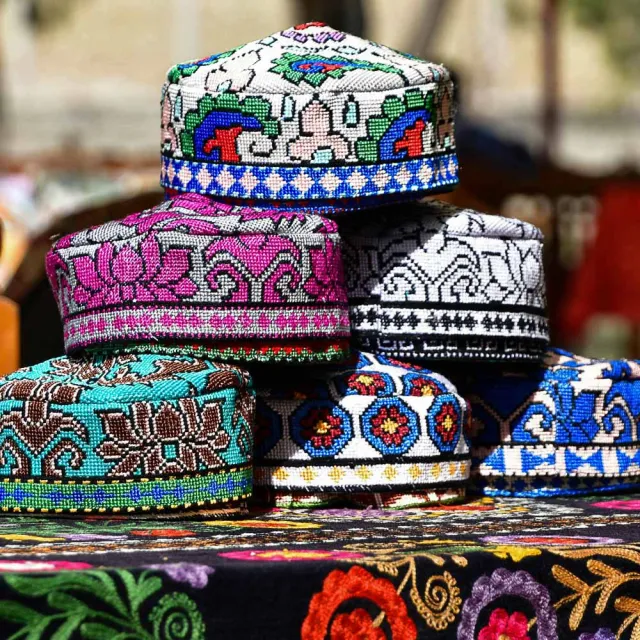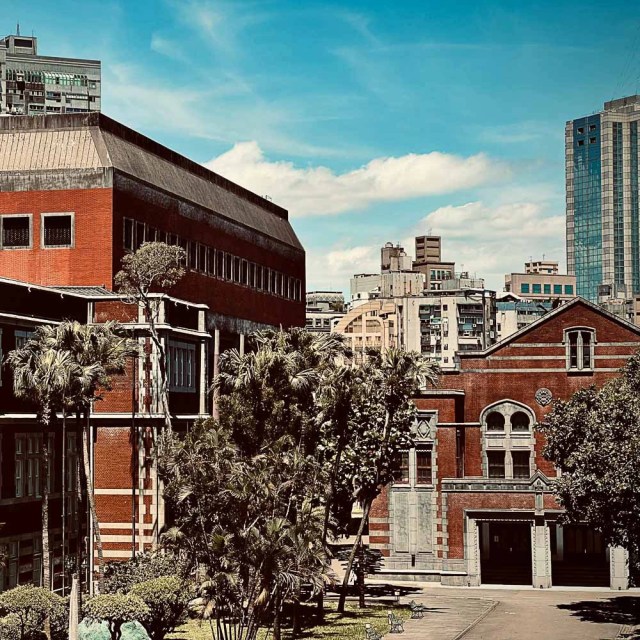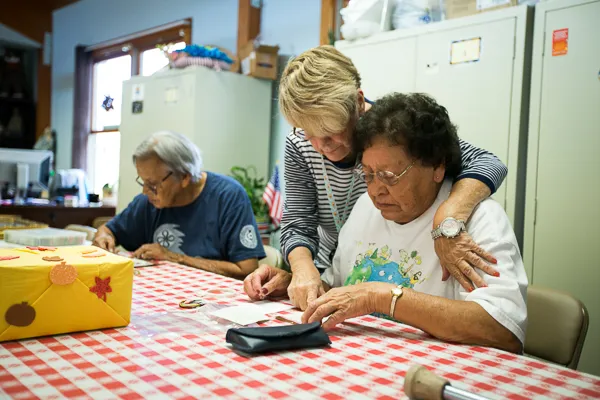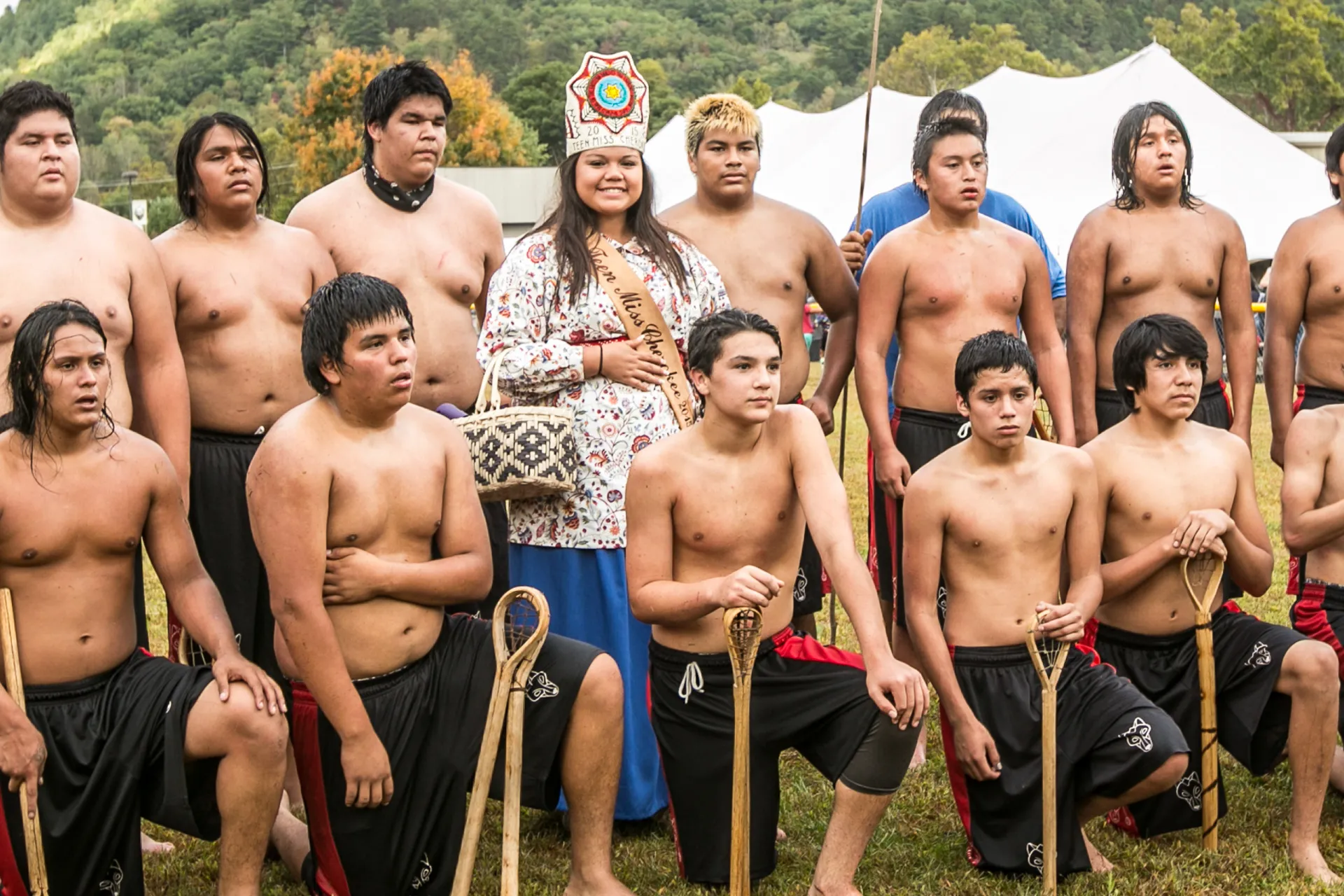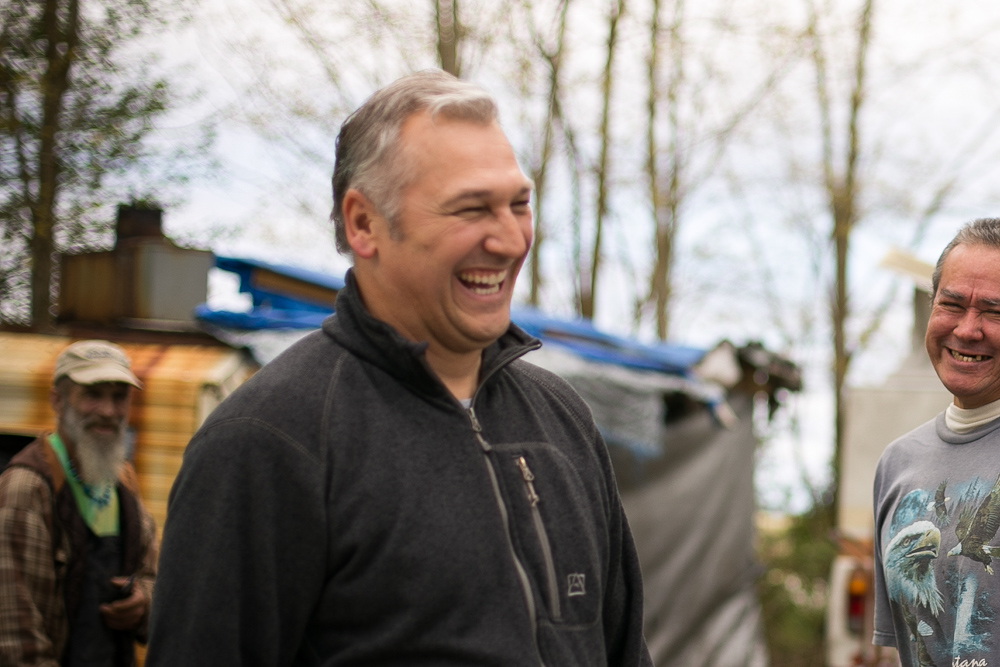God Answers the Native Cry

“Satan has sold a bag of lies to my people, and the battle simply comes down to truth.” This in-sight laced with frustration comes from Dio Whiteface, a third-generation student at Mokahum Ministry Center in Bemidji, Minn.
Dio is from the Pine Ridge Reservation in South Dakota, where a population of roughly 28,000 saw more than 200 suicide attempts between December 2014 and March 2015—a disturbing trend that is all too common among Native American tribes. For Dio, there is no question as to the remedy for this epidemic. “I want them to see and experience the truth of John 3:16, which comes through an authentic relationship with the One who died for our sins,” he said. “Sadly, the feeling among many of my people is that the solution to their problems is a return to traditional Native ways.”
Dio believes his time spent at Mokahum Ministry Center in Bemidji, Minn., is helping to prepare him for his ultimate goal—becoming a pastor to his people. Mokahum is a discipleship training center for Native Americans where students are equipped to sow the gospel among their tribes. The Center is one of the few small enterprises that strives to meet the overwhelming need for the gospel among Native American and First Nations (Canadian) tribes. Mokahum values Native leadership and brings in Native American instructors whenever possible. The Center’s director, Zane Williams, is Navajo, and the board chairman, Mitch Johnson, is Ojibwe.
Meeting a crucial need
Recognizing the need for raising up Native American leaders, MTW tasked two missionaries, Bill and Susan Carr, veterans in training nationals for church leadership, to learn everything they could about discipling Native Americans. The Carrs moved from the sun-drenched savannas of South Africa to the long winters of Bemidji, Minn., to serve at Mokahum. They work alongside the Center for Indian Ministries and Oak Hills Fellowship, teaching and discipling the next gen-eration of Native American pastors and church leaders like Dio.
Bill and Susan are convinced that ministry among Native Americans is not just important, it is critical. Bill describes a typical church on a reservation where he ministered a few years ago: “The building was falling apart, the property untended, but that was not the real problem,” he said. “The real problem was that the church’s three regular attenders were aging widows. All of the church leadership died within a year and there was no one to take their place. There were no younger men coming [to church services].” The need for raising up new leadership is crucial. And it must be done now.
Although Native American churches do exist, most are in a state of rapid decline. Small, vibrant congregations dwindle as the older generations pass away and the young people left behind are stuck in deadly cycles of fear-based traditions and hopelessness.
The Church still has much work to do just to bring the gospel to Native peoples. “Although it is true that much of Native America has been the target of missionaries over the last 500 years, it would be a failure on our part to check them off on our list of ‘reached’ people,” said MTW mis-sionary Patrick Lennox, who recently accepted a call, along with his wife, Regina, to join the Carrs at Mokahum. “History teaches us that Native Americans and First Nations people are a mis-reached and under-reached people” (see “Native Americans: Reached, Unreached, or Mis-reached”).
The most mis-reached are the young people. Today, Native Americans under the age of 24 ac-count for nearly half the population. These are third-culture kids in the extreme: indelible mem-bers of a complicated heritage, tied to the very land they live on. And yet they live with at least one foot in the broader American culture, subject to its false promises and impossible expecta-tions. Meanwhile, Native American youth are being encouraged, even pressured, to return to the traditional practices and beliefs of their tribes.
This return to the old Native American faiths is a path devoid of joy or hope. Recent graduate Michael Dowling fell prey to this way of thinking before he met Christ. “I be-came hopelessly stuck in an abusive cycle that I did not want to be in. At the age of 22, I was ready to give up on life. I honestly felt that this futile cycle was all that life would ever be for me.” Now Michael is eager to help others find hope in Christ. He wants to be either a teacher for a Native American school or a missionary.
Hope for the future
With MTW’s investment in the interdenominational efforts at Mokahum, a new genera-tion of church leadership is being raised up. Bill Carr speaks with contagious enthusi-asm of the priority placed on providing Native American teachers at Mokahum. “Always, our job as missionaries is to try to work ourselves out of a job,” Bill said. “Mokahum is one of our first efforts to equip Native American leaders, to increase the number of trained people who will go back into established churches and disciple the next gener-ation.”
At Mokahum, students like Michael and Dio get to wrestle through hard issues like cul-tural forgiveness and syncretism, led by Native American brothers in Christ and teach-ers trained in cross-cultural ministry. The core program lasts for one year, with the op-portunity at the end of that time to answer a call to ministry by pursuing two more years of training, an internship, and service.
As they look to the future, the Carrs, Lennoxes, and others at Mokahum pray that the number of ministry centers across the country would grow. Financial barriers present great difficulties for students wanting to participate in the program, particularly because of the distance between Bemidji, Minn., and pretty much everywhere else. If centers like Mokahum were available throughout the country, it could lower student costs, en-able teachers to form Scripture applications that are specific to local tribes, and expand opportunities for the students themselves to disciple young believers.
For Dio, the time spent at Mokahum has been invaluable. “I came to Mokahum Ministry Center because of my deep desire to acquire a biblical education,” he said. “My people need to see that Jesus loves them even when they feel they are unlovable. They need to experience the fulfillment that comes from a relationship with our Savior, and truly experience what He’s done for us.”
Opportunities to serve in Native American and First Nations communities, both short- and longer-term, are plentiful. We need you! Visit mtw.org/serve to explore opportunities.
